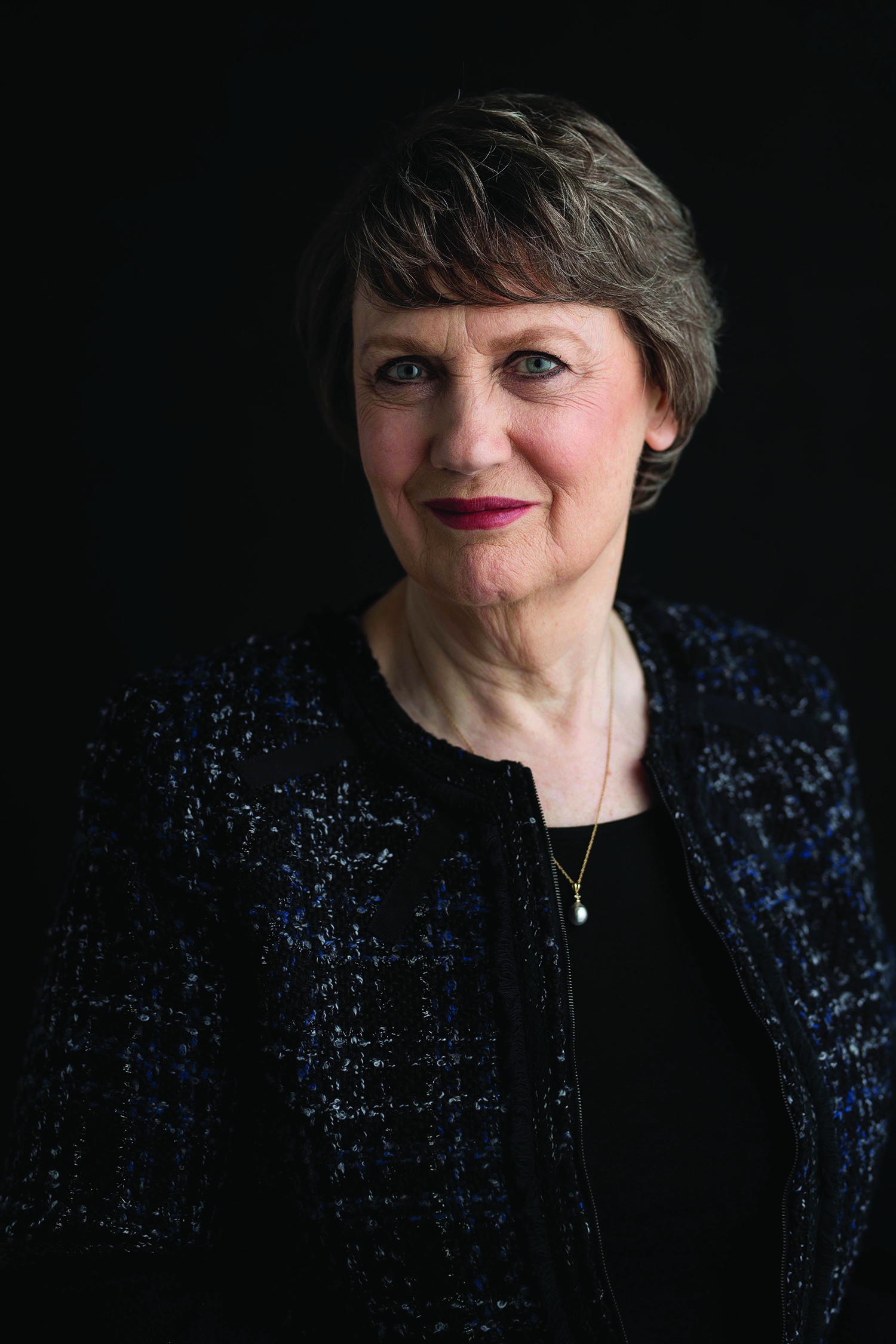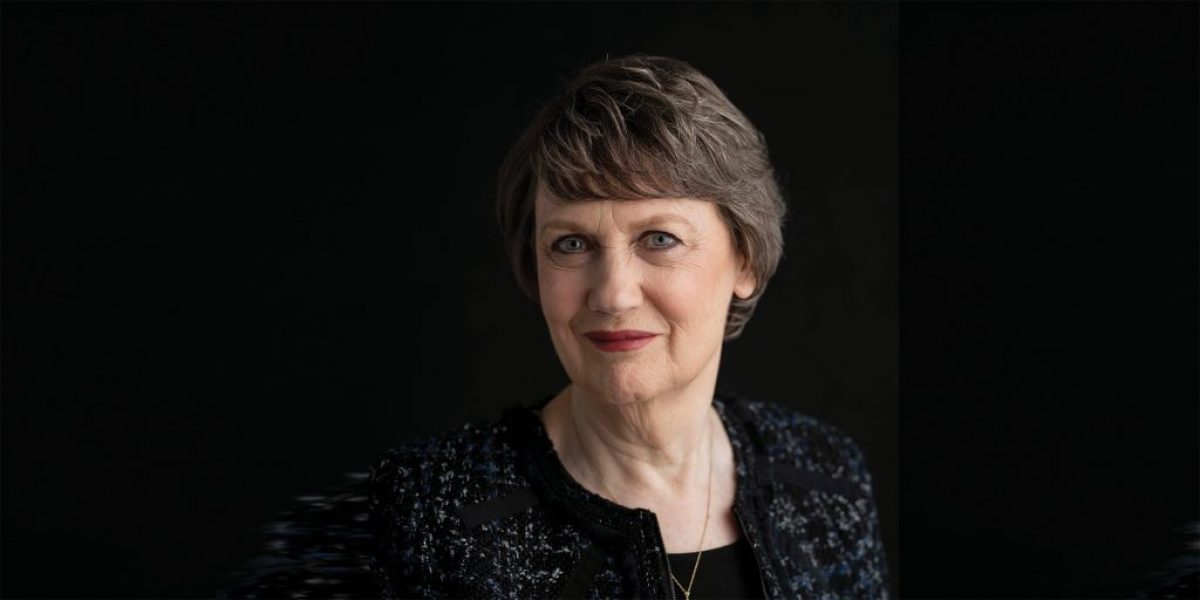Preserving The Power Of Speech
Having only one woman for every four men in Parliaments globally is a sure sign of how poorly societies are doing at harnessing the potential of a staggering 50 percent of the population.
Sadly, this trend of the greater the seniority in leadership, the fewer women, also permeates both the private sector and academia and has significant ramifications when it comes to the prioritisation of efforts to advance rights, promote equality and leverage opportunity for the upcoming generations of women. A selection of poignant speeches by Helen Clark since her election to New Zealand Parliament in 1981 presented in her new book, Women Equality Power: Selected speeches from a life of leadership is a timely rally call for other women leaders to take a seat at the top tables in the political, economic and social spheres that dictate the development of solutions addressing women’s issues. M2woman sat down with Helen Clark on the eve of her book’s launch to find out more about motivations, role models and what a 2050 New Zealand might look like.
To have your speeches in one collection in chronological order seems like chapters in the pathway of your career. How would you describe that journey when you look back on it?
It’s been a long journey with many exciting chapters in it. I worked at every level of the New Zealand parliamentary system – from being both an opposition and a government backbencher to being Deputy Leader and then Leader of the Opposition to being a minister and eventually Prime Minister. My role leading UNDP was an opportunity to offer my experiences and skills on a global platform.
Prime Minister Jacinda Ardern opens your book with what your example meant to her and how you laid the path that she followed in politics. What advice do you have for women today in any industry to create that same motivation for younger generations of women?
I am happy to have been a role model for younger women interested in a political career, and I know Jacinda will be one for today’s girls and young women. Just by being in the top job, we send the signal that it is possible to get to the top.
Who motivated you?
In all truth, I was largely self-motivated. There were no close examples of women’s political leadership for me growing up as a young woman in New Zealand. During my earlier life, I saw my Mother take leadership in local community organisations, I had women teachers who left a deep impression, and as my political career progressed, I became aware of Gro Harlem-Brundtland, Labour Prime Minister of Norway, and Mary Robinson, President of Ireland, who both were well-respected women leaders.
Speeches can define some of the most important moments in history and will often be used as soundbites in reference to those moments. When you are giving a speech are you able to describe what is going through your mind? Are you conscious of the historical ramifications of it at the time?
One’s maiden speech in Parliament should be written with legacy in mind. One wants to stay true to the values and aspirations set out in such a speech. In general, one wants to put speeches on the public record, which will stand the test of time.
What is the secret to a powerful speech?
A compelling vision and no jargon.
Out of your speeches, what is the one that still moves you the most?
Probably my valedictory speech in parliament, which canvassed a 27.5-year career.
When you go back to your 1982 maiden speech and imagine the context in which you gave it, when there was a gentlemen’s club in Parliament and when there were only eight women MPs, and you think about how much has changed 32 years later in 2018, can you describe what you think New Zealand will be like in terms of diversity across all industries by 2050?
The New Zealand Parliament today looks much more like the nation it serves. The goal should be for that to be true of all institutions and sectors of society and the economy.
With your UN experience in mind, how do you think this 2050 New Zealand will compare with the rest of the world?
That’s up to New Zealand. If it can refocus on a “value over volume” approach to economic development and return to the approach followed in earlier decades of reducing inequality and enabling every person to reach their full potential, we have a chance of comparing well with others. But there was over a recent nine-year period, a serious slippage away from those approaches – the question is whether the course correction now can be sustained for the long term.
Politics and social thinking seems to move in pendulum swings. Global trade to isolation, Obama to Trump, EU to Brexit. How do we make sure that a focus on diversity at positions of power and even things like the #MeToo movement aren’t undermined by a shift in the other direction?
In democracies, quite radical shifts in policy orientation can occur. What would be helpful would be for all countries to take the global 2030 Agenda for Sustainable Development seriously and commit to its principles of inclusion and sustainability. The Agenda is well-known in developing countries and many are putting strategies in place to achieve it. It would be nice to see it embraced across the political spectrum in New Zealand.
What’s the best piece of advice you have ever been given?
To build resilience so that one isn’t ever wounded by mean-spirited criticism – public life is not for the fainthearted. There was an old saying in my family: “Sticks and stones can break your bones, but words can never hurt you”. Actually, words can hurt you – if you let them, so having the skills to prevent that is important.


